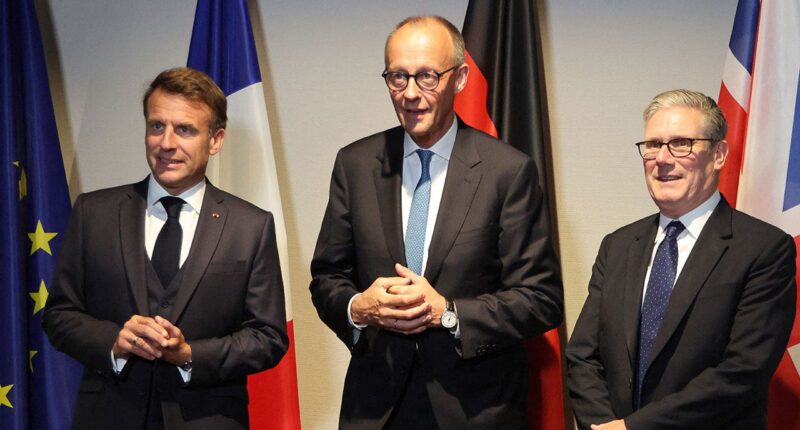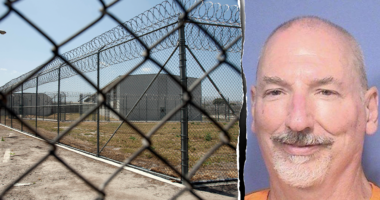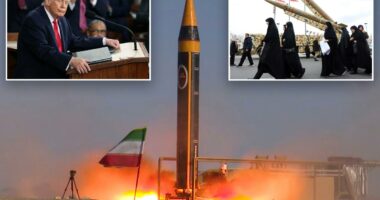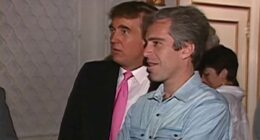Share this @internewscast.com
Europe’s powerhouse trio, the U.K., France and Germany (E3), on Thursday initiated the process to reimpose sweeping sanctions against Iran over its “significant non-compliance” with international nuclear agreements.
At 9 am EST, they submitted a letter to the president of the United Nations Security Council, Panama’s Ambassador Eloy Alfaro de Alba, notifying him of their intent to trigger the snapback sanctions mechanism enshrined under the 2015 nuclear deal known as the Joint Comprehensive Plan of Action (JCPOA), Fox News Digital confirmed ahead of the action on Thursday.
“We the foreign ministers of France, Germany and the United Kingdom, share the fundamental objective that Iran shall never seek, acquire or develop a nuclear weapon,” the letter obtained by Fox News Digital said. “We will continue to strive to diplomatically resolve the issue of Iran’s significant non-performance.
The letter concluded by noting that sanctions “will be restored” unless the U.N. Security Council unanimously decides otherwise.
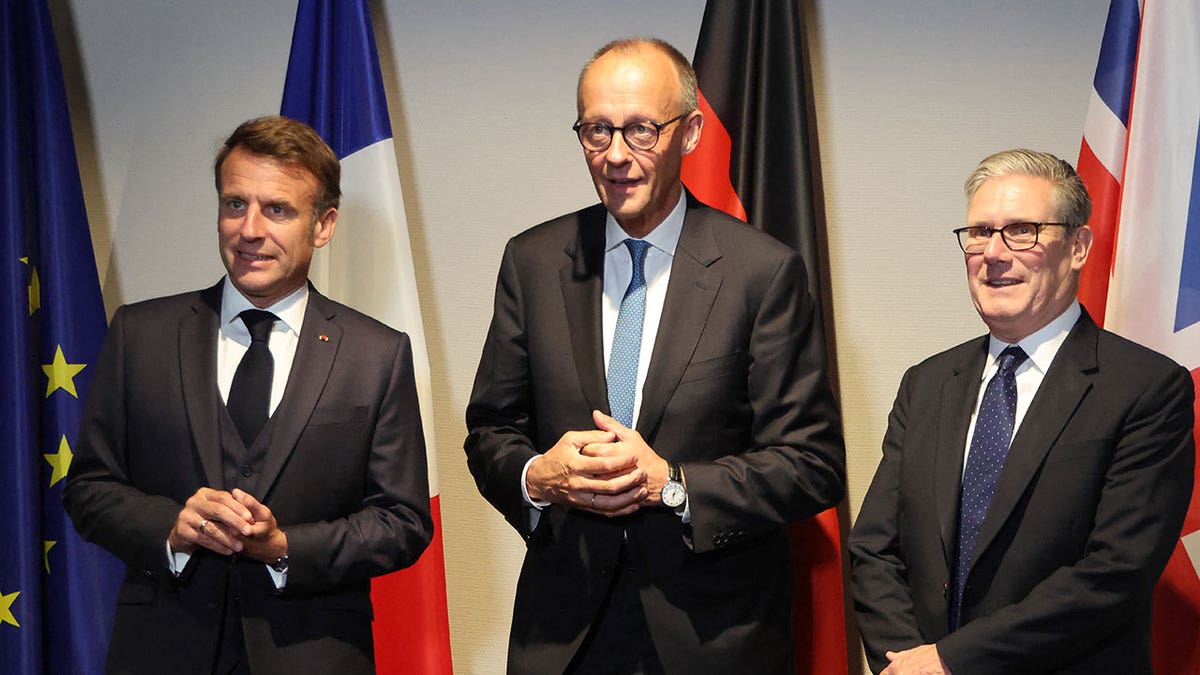
From left, France’s President Emmanuel Macron, Germany’s Chancellor Friedrich Merz and Britain’s Prime Minister Keir Starmer meet during NATO’s Heads of State and Government summit in The Hague on June 24, 2025. (Ludovic Marin/Pool/AFP via Getty Images)
Iran has threatened to retaliate if the sanctions are implemented, though how it will do so remains unclear.
Tehran in recent years has strengthened ties with powerful allies like Russia and China, who have rejected calls for snapback sanctions.
But even though Russia and China sit on the U.N. Security Council with veto powers, they will not be able to unilaterally stop the sanctions from going through.
In an unprecedented move in 2015, the sanctions mechanism was written in a way that reversed standard council procedure, which would traditionally require all five permanent members to approve of any action, meaning that just one veto could block the action.
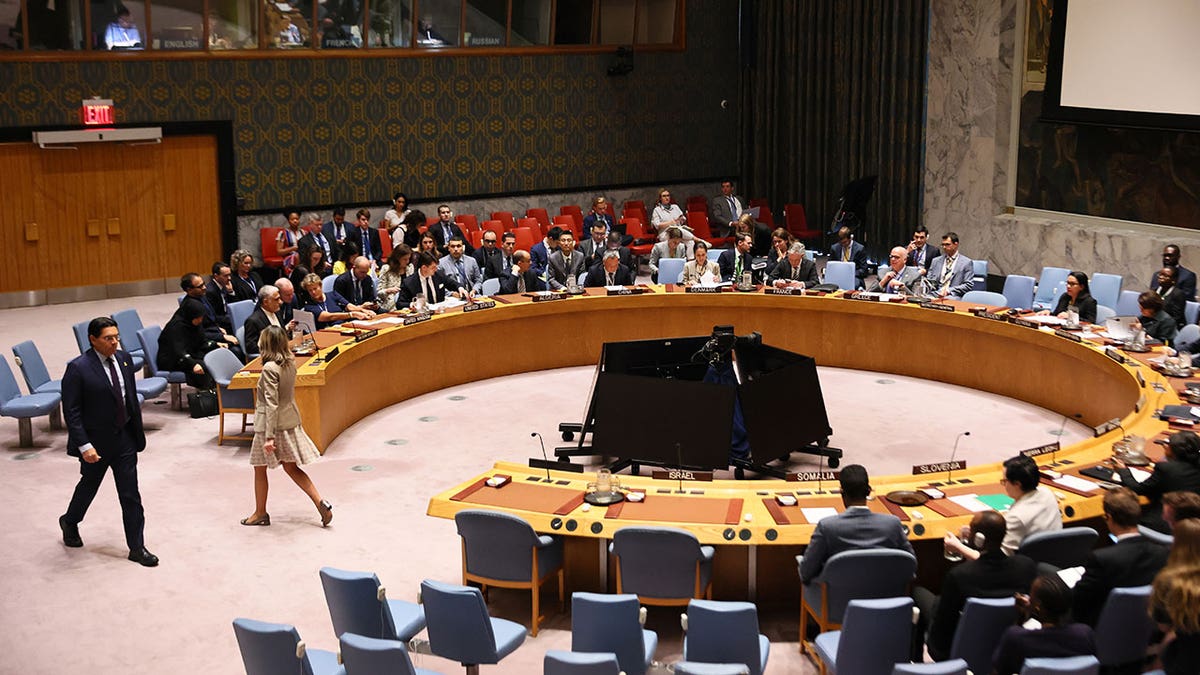
Members of the Security Council meet at the United Nations in New York City on June 13, 2025. (Michael M. Santiago/Getty Images)
In the case of snapback sanctions on Iran, every permanent member, which includes the U.S., France, U.K., China and Russia, must veto the push to reimpose sanctions.
This means that, despite opposition from Russia and China, they cannot block the sanctions, as they have increasingly done when it comes to other Security Council actions in recent years – leading to what some have argued is a paralyzed state in the U.N.’s highest body.
